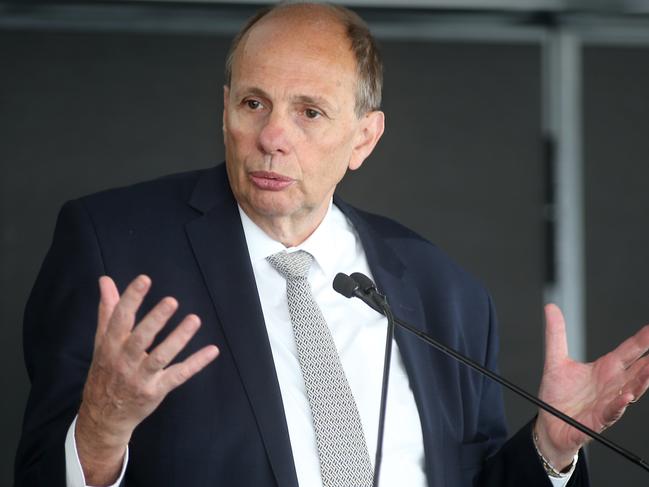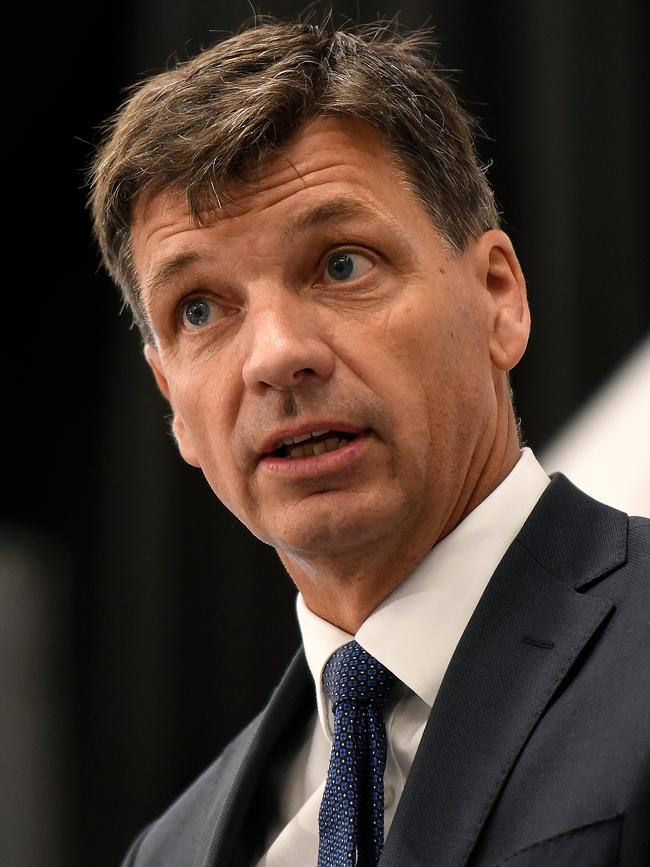Emissions review into cutting greenhouse gas urges rewards for businesses, individuals ahead of the curve
Businesses and individuals are moving ahead of the Government’s laws on cutting greenhouse gases. They should be encouraged to go even further as Australia faces a big task, an expert panel says.

SA News
Don't miss out on the headlines from SA News. Followed categories will be added to My News.
Individuals and businesses are keen to push ahead of laws in reducing Australia’s greenhouse gas emissions, an expert panel has told the Federal Government.
“There is increasing desire from businesses and households to act in an environmentally conscientious manner,” the panel headed by businessman Grant King says.
“Reducing and offsetting individual carbon footprints is becoming increasingly important for consumers.
“(But) understanding how this can be achieved has historically been a challenge.”

In a report published on Tuesday, the panel calls on Energy and Emissions Reduction Minister Angus Taylor to accelerate developing transparent markets so individuals and businesses can be rewarded for carbon emission reductions above mandatory requirements.
The call is among 26 recommendations made by the panel tasked by Mr Taylor to identify opportunities to cut emissions.
While Australia was on track to meet its 2030 commitments under the Paris agreement, a bigger task remained beyond that.
Mr Taylor agreed in principle to 21 recommendations, and pledged to “incentivise voluntary emissions reductions (reductions beyond mandated levels) on a broader scale – without imposing new costs on households, businesses or the economy”.

“The Government will look to deploy the $2 billion Climate Solutions Fund to support Australian farmers, businesses and communities to adopt new technologies that reduce emissions and increase efficiency and productivity,” he said.
“The Government will target dollar for dollar co-investment from the private sector and other levels of government to drive at least $4 billion of investment that will reduce emissions across Australia.”
The panel, which included Clean Energy Regulator chair David Parker and former Santos executive Susie Smith, followed a set of seven principles.
These included that policies should favour economically productive activities and be technology neutral.
“Both globally and in Australia, there is an emerging shift in corporate attitudes to climate change to move from ‘compliance’ to ‘ambition’,” the panel said.
“These actions will deliver abatement and contribute towards Australia’s target.”
Many of the recommendations propose technical improvements to the Emissions Reduction Fund and carbon credit accounting.
It proposes a co-investment program for new technologies including hydrogen for “hard-to-abate” sectors such as heavy industry, freight transport and aviation, “where capital costs are high and progress in driving down costs has been slow”.
